The Tax Department of Region I has just informed about the implementation of electronic invoices generated from cash registers according to Decree No. 70/2025/ND-CP (referred to as Decree 70).
According to this agency, the implementation of electronic invoices generated from cash registers under Decree 70 is being actively responded to by business households in Hanoi . In fact, this policy does not change tax obligations, nor does it disrupt business activities as some concerns.
In Hanoi, the Tax Department of Region I said it is managing taxes for more than 311,000 business households and individuals. Of these, the number of business households and individuals with revenue of VND1 billion/year and required to use electronic invoices generated from cash registers is 4,979, accounting for only 1.6% of the total number of households being managed.
Many businesses at markets in Hanoi have closed down. Photo: Thach Thao
In the initial stages of implementing Decree 70, the tax authorities have not focused on penalties, as many businesses are still confused and have not yet adapted to new policies and technologies. However, in cases of intentional violations, the tax authorities will handle them according to the provisions of the law.
The Tax Department of Region I said that most business households understood, agreed and used invoices according to regulations.
However, recently, there has been an opinion that some households and individuals are closing or selling at a low level at markets such as Ninh Hiep market, Dong Xuan market, Long Bien market, La Phu market... or doing business on some commercial streets such as Hang Ngang and Hang Dao streets (mainly focusing on items such as fabrics, clothes, hats, candies, personal items...) due to having to implement Decree 70. However, this issue is not being understood correctly.
According to the tax authority's monitoring records, the number of business households that stopped operating in May and June was 2,961. Of these, only 263 households were required to use electronic invoices, accounting for about 8.8% of the total number of households that stopped operating. Traditional and local markets basically operated normally, with no major business suspensions.
The Tax Department of Region I affirmed that the tax policy for business households when implementing electronic invoices generated from cash registers has not changed. Decree 70 does not affect the business activities of business households and individuals.
The reason households and individuals stop doing business is mainly due to concerns about counterfeit and fake goods, not due to the impact of tax policies.
In addition, many business households are concerned that they will be charged additional lump-sum tax for the previous period if the actual revenue when applying electronic invoices is recorded as higher.
According to the Tax Department of Region I, lump-sum tax is determined based on data from the tax authority combined with the declaration of the business household. In case there is a change in revenue exceeding 50% (increase or decrease) during the year, the business household can proactively request an adjustment of the tax rate. The adjustment is only calculated from the time of the change onwards.
Tax Department Leader: Lump-sum tax is no longer suitable, many businesses sell goods across borders. According to the Tax Department leader, the lump-sum tax form is no longer suitable for current reality because the scale of business activities is different from before.
Source: https://vietnamnet.vn/co-quan-thue-neu-ly-do-gan-3-000-ho-kinh-doanh-tai-ha-noi-dong-cua-2412539.html


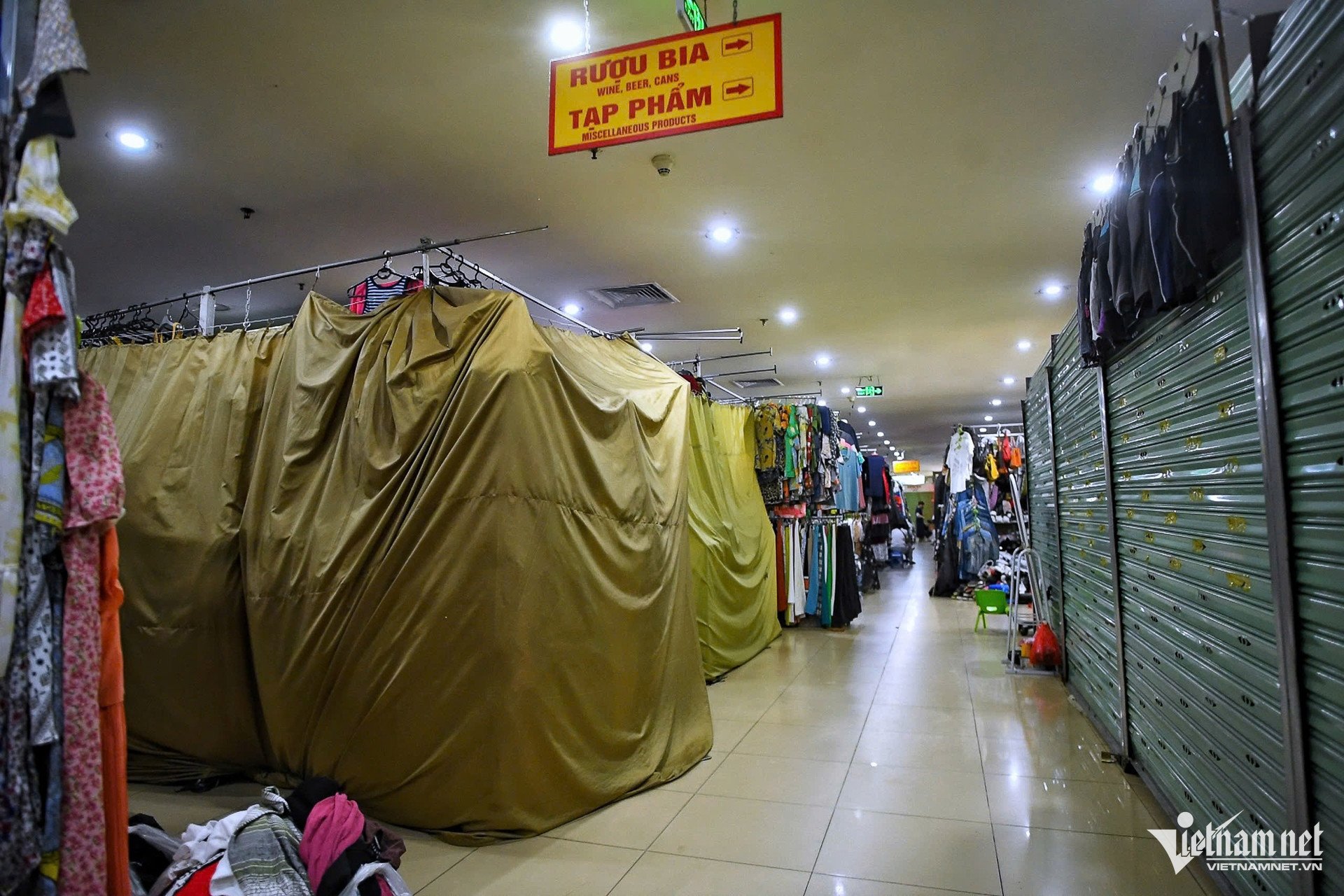



![[Photo] Prime Minister Pham Minh Chinh chairs the national online conference on combating smuggling, production and trade of counterfeit goods.](https://vphoto.vietnam.vn/thumb/1200x675/vietnam/resource/IMAGE/2025/6/23/4a682a11bb5c47d5ba84d8c5037df029)
![[Photo] Prime Minister Pham Minh Chinh holds meeting to launch exhibition of national achievements to celebrate 80th National Day](https://vphoto.vietnam.vn/thumb/1200x675/vietnam/resource/IMAGE/2025/6/23/0c0c37481bc64a9ab31b887dcff81e40)


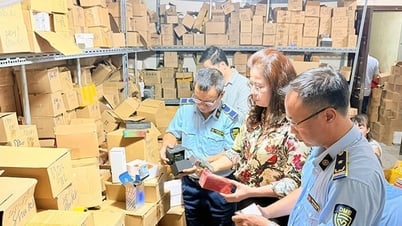



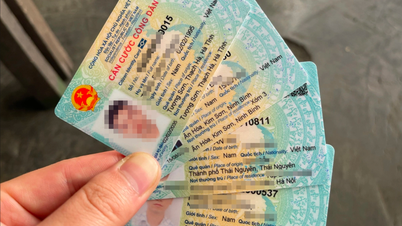








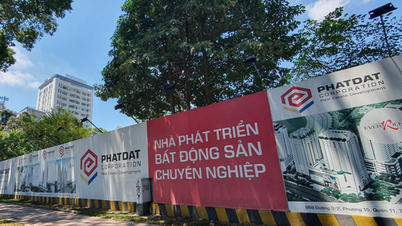

















![[Photo] Party Congress of the Central Internal Affairs Commission for the 2025-2030 term](https://vphoto.vietnam.vn/thumb/1200x675/vietnam/resource/IMAGE/2025/6/23/5bf03821e6dd461d9ba2fd0c9a08037b)


























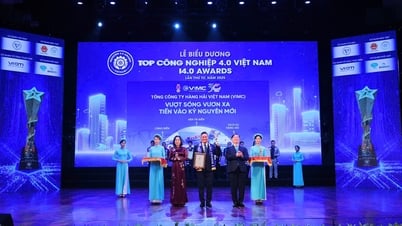









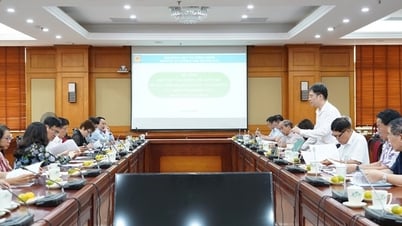










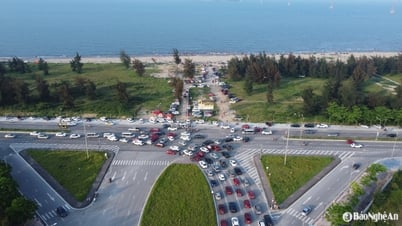




















Comment (0)